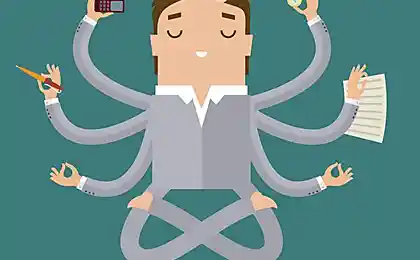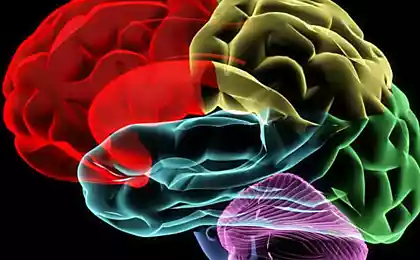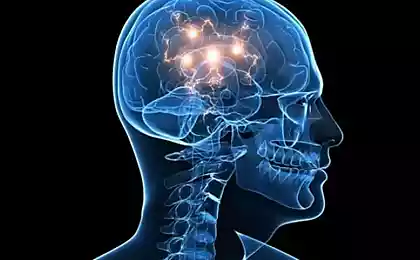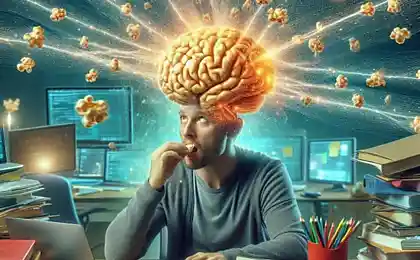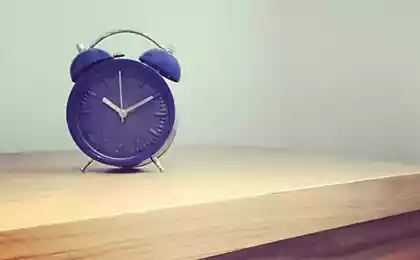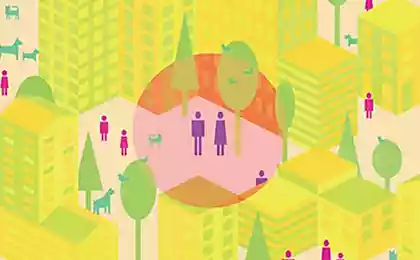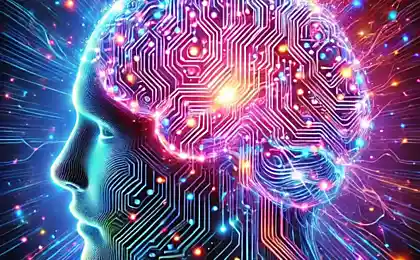603
Not all at once: what science says about multitasking
Forty seven million six hundred fifteen thousand ninety eight
© Mitch Payne
Modern man has to cope with the huge amount of information, and thanks to technology, things often haunt us and outside the workspace. Solving multiple tasks simultaneously, many people think that so much more time. On the other hand, media and scientists are increasingly sounding the alarm — perhaps multi-tasking is developing to the detriment of our other abilities. How justified are the fears and what exactly is the problem?
Multitasking and IQ
Scientists are studying multitasking for about 20 years. Most of the obtained data demonstrate that multitasking reduces efficiency and performance. At the University of Stanford found that those who used to concentrate on several tasks at once, worse remember information, have difficulties in organising thoughts and are not able to filter out unnecessary information.
What happens to the brain in a time when we are trying to do two things at once? Observations using MRI show that the human brain has enough resources to perform two things at once, but if you add a third task, the speed of information processing decreases, and the number of errors increases significantly.
That multitasking has an effect directly on brain activity, says research from the University of Sussex, which was published in September of this year. It turned out that people who frequently use multiple media devices simultaneously have lower gray matter density in the anterior part of the cerebral cortex compared with those who use only one device at a time. This area of the brain responsible for empathy and cognitive and emotional control. Previously, scientists have shown that brain structure can be altered with prolonged exposure to a new environment; changes may occur depending on the behavior, environment, emotions.
"The way we interact with devices can change how we think. And these changes can occur at the level of brain structure," says Caps Loh, a neuroscientist and lead author of the study.
A lot of fuss about the experiment "Infomania" psychologist Glenn Wilson of the Institute of psychiatry at London University, many times cited in the media. The experiment showed that people who are trying to perform intellectual work in multitasking mode, there was a noticeable decline in IQ up to 10 points (and in men the level of intelligence fell stronger than women). According to the scientist, the consequences for labour productivity multitasking comparable to marijuana use or attempt to work after a sleepless night. But the number of participants — 8 people — was clearly insufficient to draw far-reaching conclusions.
Emotional intelligence
If multitasking does indeed have a negative impact on the front part of the cerebral cortex, as suggested by the study, it may affect emotional intelligence — the ability to recognize emotions and manage them in such a way to promote their emotional and intellectual growth. High ratios of emotional intelligence is associated with leadership abilities. It turns out that when a person solves several problems at the same time reduces not only the level of performance in a given time. This habit can later cause damage to the brain region responsible for further professional achievements.
In addition, such a rhythm was easy enough to get hooked. Neuroscientist and musician Daniel Levitin believes that the habit of multitasking it is difficult to overcome, because each new task triggers the release of dopamine, which is an important part of the reward system of the brain: "People are experiencing a pleasant feeling, switching between tasks, but multitasking not working. Not enough to make turns less, so it becomes less creative."
Masters of multitasking
But, despite all of the above arguments, it is not necessary to consider multi-tasking a clear evil, and the Council can focus on one kind of work — a universal recommendation. The study, which was recently held in Portland (USA), demonstrates the ability of adolescents 10-19 years to be more productive in multitasking. "This study shows that digital natives (adolescents who grew up in the era of boom of the technology) have developed the ability to expand working memory. They cope better with the tasks in the distracting conditions than to not be distracted when focusing on one task," says one of the researchers. Researchers also suspect that some people — "supertaskers" — an innate talent to deal with several tasks at the same time, but they make up no more than 10% of the population.
So maybe universal recipe does not exist, but one should not overestimate their abilities. The human brain is able to cope with multitasking in routine matters, but some areas, no matter how much we practiced not require too much involvement and concentration to become a habit. So, the brain does not have enough resources to efficiently deal with something else.
Source: theoryandpractice.ru
© Mitch Payne
Modern man has to cope with the huge amount of information, and thanks to technology, things often haunt us and outside the workspace. Solving multiple tasks simultaneously, many people think that so much more time. On the other hand, media and scientists are increasingly sounding the alarm — perhaps multi-tasking is developing to the detriment of our other abilities. How justified are the fears and what exactly is the problem?
Multitasking and IQ
Scientists are studying multitasking for about 20 years. Most of the obtained data demonstrate that multitasking reduces efficiency and performance. At the University of Stanford found that those who used to concentrate on several tasks at once, worse remember information, have difficulties in organising thoughts and are not able to filter out unnecessary information.
What happens to the brain in a time when we are trying to do two things at once? Observations using MRI show that the human brain has enough resources to perform two things at once, but if you add a third task, the speed of information processing decreases, and the number of errors increases significantly.
That multitasking has an effect directly on brain activity, says research from the University of Sussex, which was published in September of this year. It turned out that people who frequently use multiple media devices simultaneously have lower gray matter density in the anterior part of the cerebral cortex compared with those who use only one device at a time. This area of the brain responsible for empathy and cognitive and emotional control. Previously, scientists have shown that brain structure can be altered with prolonged exposure to a new environment; changes may occur depending on the behavior, environment, emotions.
"The way we interact with devices can change how we think. And these changes can occur at the level of brain structure," says Caps Loh, a neuroscientist and lead author of the study.
A lot of fuss about the experiment "Infomania" psychologist Glenn Wilson of the Institute of psychiatry at London University, many times cited in the media. The experiment showed that people who are trying to perform intellectual work in multitasking mode, there was a noticeable decline in IQ up to 10 points (and in men the level of intelligence fell stronger than women). According to the scientist, the consequences for labour productivity multitasking comparable to marijuana use or attempt to work after a sleepless night. But the number of participants — 8 people — was clearly insufficient to draw far-reaching conclusions.
Emotional intelligence
If multitasking does indeed have a negative impact on the front part of the cerebral cortex, as suggested by the study, it may affect emotional intelligence — the ability to recognize emotions and manage them in such a way to promote their emotional and intellectual growth. High ratios of emotional intelligence is associated with leadership abilities. It turns out that when a person solves several problems at the same time reduces not only the level of performance in a given time. This habit can later cause damage to the brain region responsible for further professional achievements.
In addition, such a rhythm was easy enough to get hooked. Neuroscientist and musician Daniel Levitin believes that the habit of multitasking it is difficult to overcome, because each new task triggers the release of dopamine, which is an important part of the reward system of the brain: "People are experiencing a pleasant feeling, switching between tasks, but multitasking not working. Not enough to make turns less, so it becomes less creative."
Masters of multitasking
But, despite all of the above arguments, it is not necessary to consider multi-tasking a clear evil, and the Council can focus on one kind of work — a universal recommendation. The study, which was recently held in Portland (USA), demonstrates the ability of adolescents 10-19 years to be more productive in multitasking. "This study shows that digital natives (adolescents who grew up in the era of boom of the technology) have developed the ability to expand working memory. They cope better with the tasks in the distracting conditions than to not be distracted when focusing on one task," says one of the researchers. Researchers also suspect that some people — "supertaskers" — an innate talent to deal with several tasks at the same time, but they make up no more than 10% of the population.
So maybe universal recipe does not exist, but one should not overestimate their abilities. The human brain is able to cope with multitasking in routine matters, but some areas, no matter how much we practiced not require too much involvement and concentration to become a habit. So, the brain does not have enough resources to efficiently deal with something else.
Source: theoryandpractice.ru
The Tibetan monks built the glaciers to supply water to local villages
To find the Truth, or all Truth seekers dedicated...
